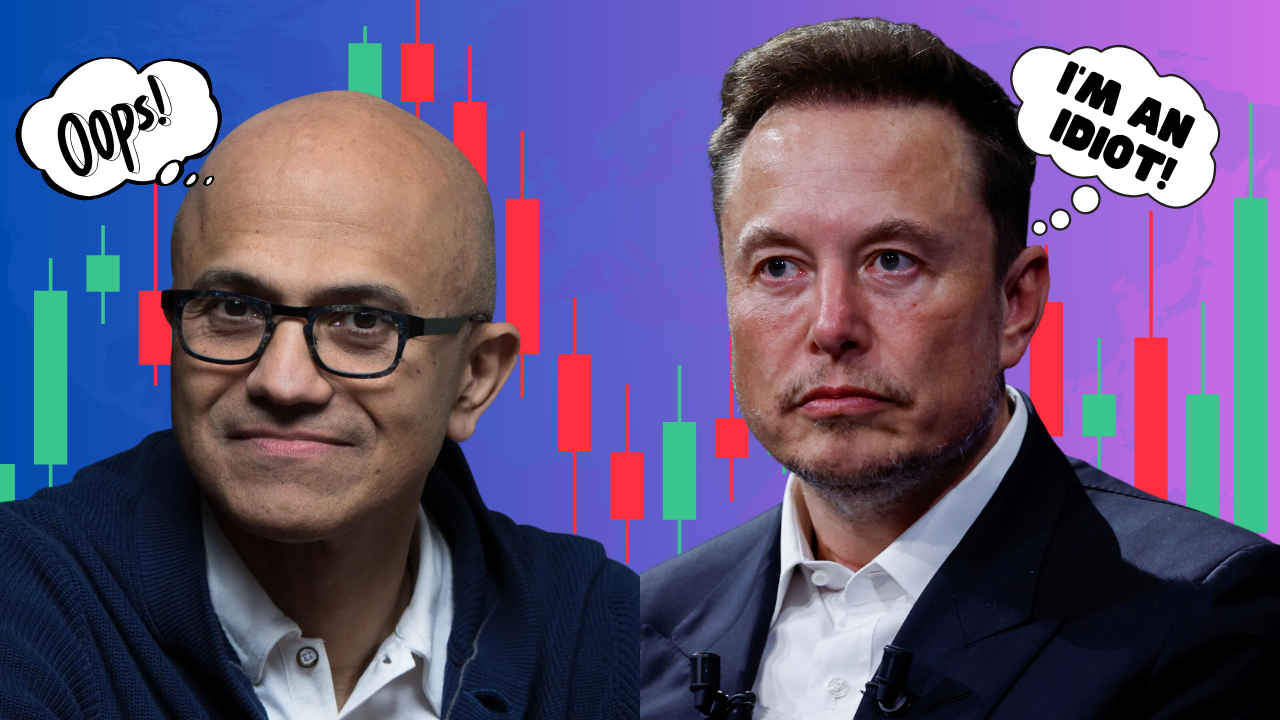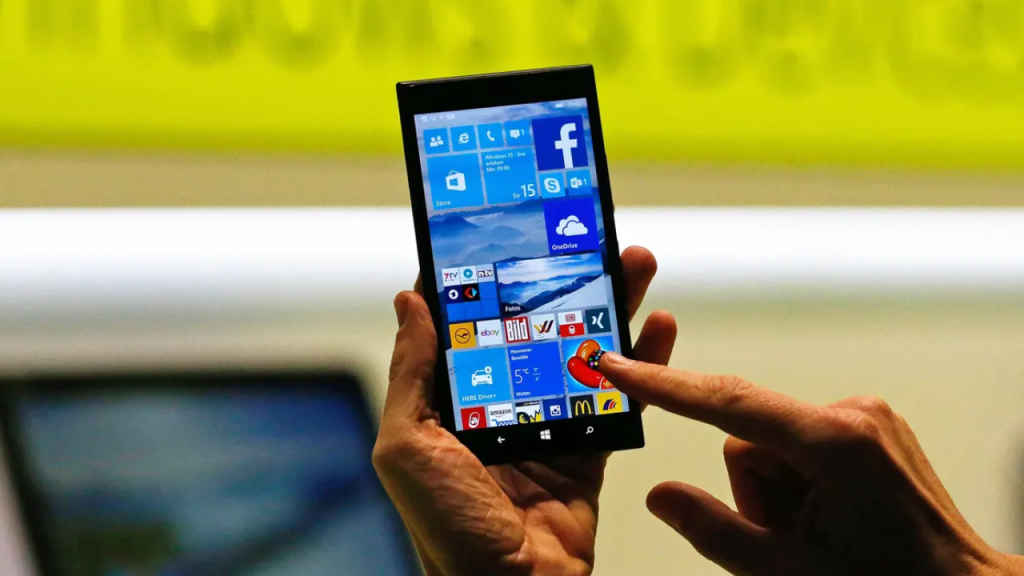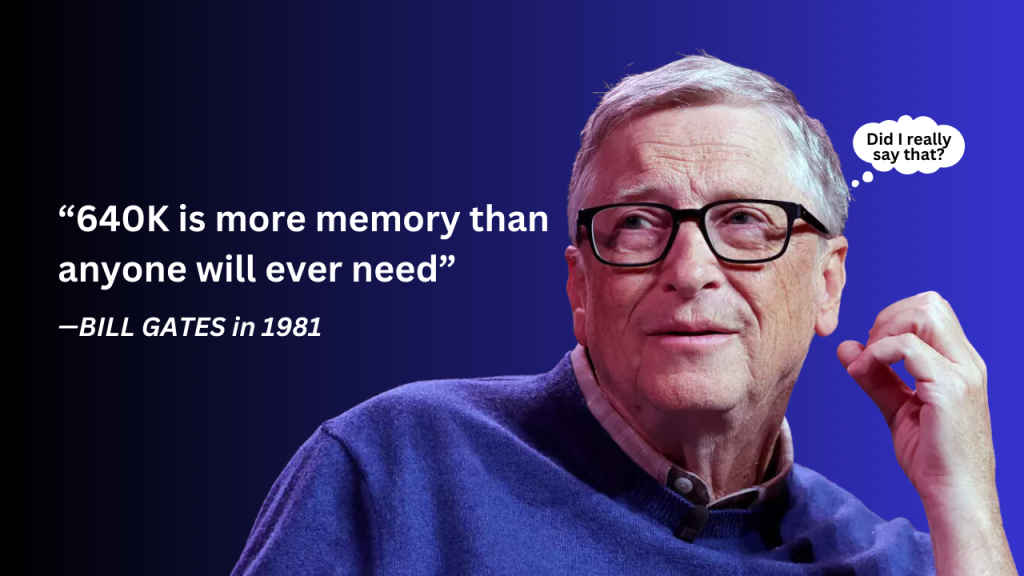From Satya Nadella to Elon Musk: Worst regrets of tech CEOs?

Last week, Microsoft CEO Satya Nadella said in an interview that he regretted Microsoft’s decision to shut down its Windows mobile business. Remember the Windows Phone operating system, with its tiled interface? Iconic devices like HTC Radar, Dell Venue, Samsung Focus and the best of all Nokia Lumia series? I mean with such an interesting variety of devices, and an operating system that was unique enough to not only hold its own against the likes of Android and iOS but had also started to attract a fan following, Microsoft’s unfortunate short-sightedness was bewildering to say the least.

The historic decision was taken three years after Satya Nadella took over the reins of Microsoft, which he considers as one of the most challenging calls he ever made as CEO of the Redmond giant. In hindsight, Nadella now believes that there could have been ways to make Windows Phone work, suggesting that it could have allowed Microsoft to “reinvent” the category of computing between PCs, tablets, and phones as we know it today.
There’s no doubt that Windows Phone adoption rates didn’t meet Microsoft’s expectations, but regrettable is how they didn’t persist with the platform for even 10 years, depriving users and OEMs from a third choice in the market and tens of billions of dollars of revenue in their own bottomline. I mean, the worldwide smartphone market is expected to cross US $500 billion in this decade, so do the math – just don’t tell Microsoft and pour salt over their wounds.
Also read: India’s cybersecurity crisis: Expensive breaches keep rising
Satya Nadella isn’t the only tech giant that has expressed regret recently, because Elon Musk hasn’t hidden his feelings about his missed opportunity to make a huge splash in Generative AI.
In a similar contemplative interview earlier this year, Musk came clean about several mistakes he made throughout his professional career, one of the biggest one was when he resigned prematurely in 2018 from the board of OpenAI – a company he helped found along with Sam Altman, of course. Musk called himself “a huge idiot” by underestimating the Generative AI startup’s profitability. As fate would have it, ChatGPT didn’t just make an entrance – it blew the doors off its hinges, by racing off to 100 million users within a month of its commercial launch, making GenAI and LLMs the hottest topic in tech right now.
Just as the ChatGPT rocket was prepping for launch in 2022, Elon Musk appeared to have been visibly sidetracked with his $44 billion Twitter (now X) acquisition – which Musk believes he overpaid by at least $20 billion, where the social media platform saw its value erode under Musk’s watch. If that isn’t a double whammy, I don’t know what is. At this rate, let’s hope Elon Musk doesn’t end up having his ultimate regret in the form of failing to take SpaceX and mankind to Mars within his lifetime.
The former CEO of Yahoo, Marissa Mayer also spoke in an interview this year about her biggest regret at the search engine company in 2013 – when Yahoo opted to buy Tumblr for $1.1 billion, instead of Hulu or Netflix. Fast forward a decade to now, no one remembers Tumblr (fondly, at least), while Hulu and Netflix are online entertainment giants. Earlier this year, Intel CEO Pat Gelsinger told me about the chipmaker missing out on the “mobile wave” and not moving fast enough on its foundry business.

Whether it’s Satya Nadella or Pat Gelsinger, what encapsulates yesterday’s regret for today’s business school case studies isn’t separate from analysing the risks of high-tech innovation. Regret comes from risk-filled failures, and without risk there can be no innovation. That’s just how it goes, if you read about the tech journeys of Steve Jobs to Bill Gates, Mark Zuckerberg to Jeff Bezos – who, by the way, has often spoken about his “regret minimization framework” which he uses to guide all his big-bet business decisions, from Amazon to Blue Origin.
Whatever Satya Nadella or Pat Gelsinger say regrettably about a past company decision not working out, both will agree that those tech decisions have in some ways helped shape Microsoft and Intel’s destiny for the better – both Microsoft and Intel’s failed mobile aspirations ensured a stronger focus on cloud computing like never before. Similarly, Musk not being intimately involved with shaping the future of Generative AI means he has more time to spare for executing SpaceX’s super-ambitious vision. Relentless tech innovation is the only way to win in the long term, for not having any huge regrets – for the alternative is rapid stagnation into complete obsolescence, which is probably worse than any form of regret ever.
Jayesh Shinde
Executive Editor at Digit. Technology journalist since Jan 2008, with stints at Indiatimes.com and PCWorld.in. Enthusiastic dad, reluctant traveler, weekend gamer, LOTR nerd, pseudo bon vivant. View Full Profile





